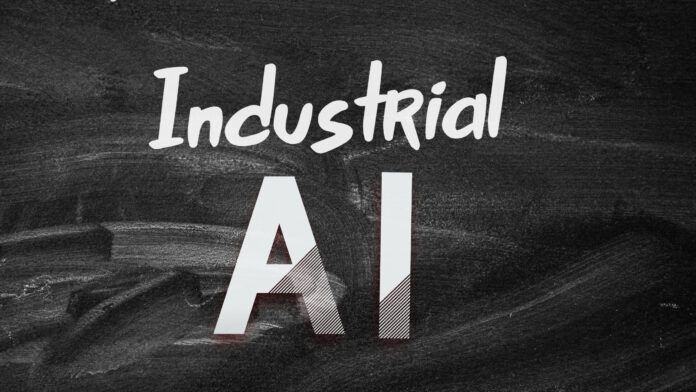A survey by US-based Honeywell says “only” less than one in five (17 percent of) AI “influencers” in enterprises have “fully implemented initial AI plans”. Which is a statistic that might be taken the other way, too; to say so many are already on track. But interestingly, the survey also claims that nine in 10 are uncovering “unexpected new use cases” in the process of prototyping, launching, and scaling industrial AI – which is a more profound discovery, arguably.
Honeywell commissioned the online survey of 1,600 executives in 12 countries to gauge the state of industrial AI take-up; all the respondents hold positions as AI “influencers or decision makers” within their firms, and all their firms employ over 1,000 staff, and are already using AI to automate processes and tasks. It polled execs in countries in all of the US, Canada, Mexico, Brazil, France, Germany, the UK, Saudi Arabia, the UAE, India, China, and Japan,
The research finds AI leaders are “sold” on AI for industrial applications, said Honeywell. It stated: “The enthusiasm for a deeper commitment to AI investment is nearly universal.” Ninety-four percent said they plan to expand their usage of AI. Nearly two-thirds (64 percent) cited efficiency and productivity gains among the most promising benefits. Sixty percent cited cybersecurity and threat detection, and the same (59 percent) reported better decision making.
Other benefits were also cited: about half cited work flexibility (49 percent), job satisfaction (45 percent), and skills development and creative thinking (44 percent). Two in five (39 percent) said workplace safety is a target. But there are perceived issues, too: a third (37 percent) reckon c-suite management “doesn’t understand how AI works” and almost half (48 percent) complain they are required to “continually justify or request resources” to implement AI plans.
Kevin Dehoff, chief strategy officer at Honeywell, said: “There is no question that AI is currently at a pivotal moment. With the advent of Gen AI and more sources of data from advanced analytics, Industrial AI is poised to grow exponentially, and the possibilities are endless for revenue growth and employee satisfaction.” Honeywell took the position, in a statement, that AI is a way to upskill new workers efficiently, rather than just to replace outgoing staff.
It wrote: “Skills development is crucial in today’s economy with baby boomers retiring and fewer replacements entering the workforce. Through AI, employers can more quickly upskill and reskill workers. AI will transform industrials as it enables workers to perform jobs at higher levels, providing greater job satisfaction while increasing productivity and addressing the skills shortage.”
Lucian Boldea, president and chief executive of Honeywell’s industrial automation business, explained: “There can be tens of thousands of instruments, equipment, and valves needed to process and manufacture a product and many of the parts we supply manufacturers require experienced technicians for their operation and maintenance – and there are fewer and fewer of those experienced technicians available.
“With AI training and AI as a ‘co-pilot’ the skills of less experienced technicians can be more quickly upgraded, turning them into more elite experts that perform tasks based on enterprise knowledge and best practices. In turn, plants’ operations can run more safely and reliably by dramatically reducing human error.” It said industrial AI adoption will increase as industrial AI solutions demonstrate clear benefits – to productivity, safety, and reliability.
Billal Hammoud, president and chief executive of Honeywell’s building automation division, said: “Businesses of all types recognize that AI is transforming our world and creating new possibilities. For building operations – such as hospitals, campuses, and offices – it is clearly the future. As AI orchestrates controls that regulate HVAC, lighting and electricity usage, it helps to improve safety, operational and sustainability outcomes.”
The research is available here.

